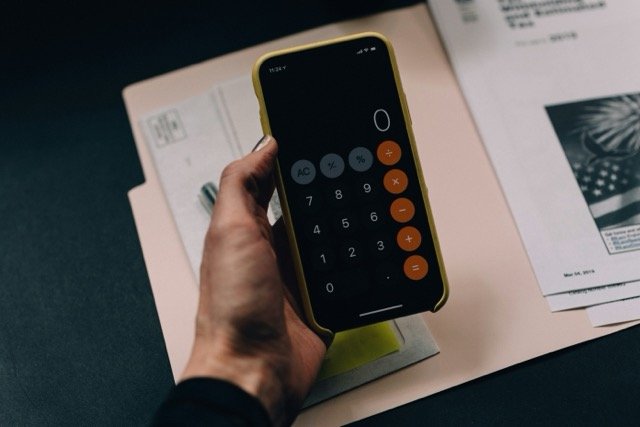If you’ve ever looked at your bank account and thought, “Where did all my money go?” — you’re not alone. That’s where a budget calculator comes in. It’s a practical, no-fuss tool to help you plan your monthly budget, track monthly expenses, and finally feel in control of your personal budget.
Whether you’re managing a household budget, tracking your disposable money, or trying to stick to the 50 30 20 rule, a budget calculator can be a total game-changer.
What Is a Budget Calculator?
A budget calculator helps you figure out how much money is coming in, what’s going out, and what’s left over. Think of it as your personal financial GPS. It gives you a clear view of:
- Your income
- Your fixed and variable expenses
- Your savings goals
- Your leftover (disposable) money
It’s like a budget tracker and planner rolled into one. You can use it with a monthly budget template, a budget sheet, or even through a free budget app.

Why You Need One (Even If You Think You Don’t)
Here’s the thing: even if you’re not living paycheck to paycheck, chances are you’re not optimizing where your money goes. A personal budget template or a home budget template helps you:
- Avoid overspending
- Save for goals (like vacations, a new car, or paying off debt)
- Make smarter money decisions
- Reduce financial stress (yes, it really does)
Plus, using a budget planner template makes the whole process less intimidating. You don’t need to be a math genius or spreadsheet wizard — just a little intention and the right tools.
How to Use a Budget Calculator (It’s Easier Than You Think)
- Start with your income
Add up everything you bring in each month. Include paychecks, side gigs, rental income — all of it. - List your monthly expenses
Use a monthly expenses template or expenses spreadsheet to track things like:- Rent or mortgage
- Utilities
- Groceries
- Subscriptions
- Transportation
- Apply the 50 30 20 rule
This popular rule suggests:- 50% of your income for needs
- 30% for wants
- 20% for savings or debt payoff
- Adjust and plan
A simple monthly budget template helps you spot where you can cut back or save more. The goal isn’t perfection — it’s progress.
Best Tools to Help You Stay on Track
Looking for the best budget app or free budget template? You’ve got options:
- Budget spreadsheet template: Perfect if you like using Excel or Google Sheets.
- Free budget app: Great for on-the-go tracking. Some of the best free budget apps link directly to your bank accounts.
- Printable household budget template: Ideal if you’re more of a pen-and-paper person.
- Sample budget sheets: Good for inspiration or quick setups.
The key is to find what works for you. Whether it’s a digital budget tool or a budget sheet template, consistency matters more than complexity.
Pro Tips for Sticking to Your Budget
Even with a great budget calculator, life happens. Here’s how to stay on track:
- Set reminders to review your budget weekly
- Use a budget app to track expenses in real time
- Keep your goals visible — whether it’s debt freedom or that dream vacation
- Involve your partner or family for shared accountability
- Celebrate small wins (they add up!)
Final Thoughts: Make “My Budget” Work for You
Creating a budget doesn’t mean giving up everything you love. It’s about being intentional with your money. A budget calculator helps you create a plan, stick to it, and make room for the things that matter most.
Whether you’re using a budget spreadsheet, a personal budget planner, or just starting with a sample budget, the important thing is to take that first step.


